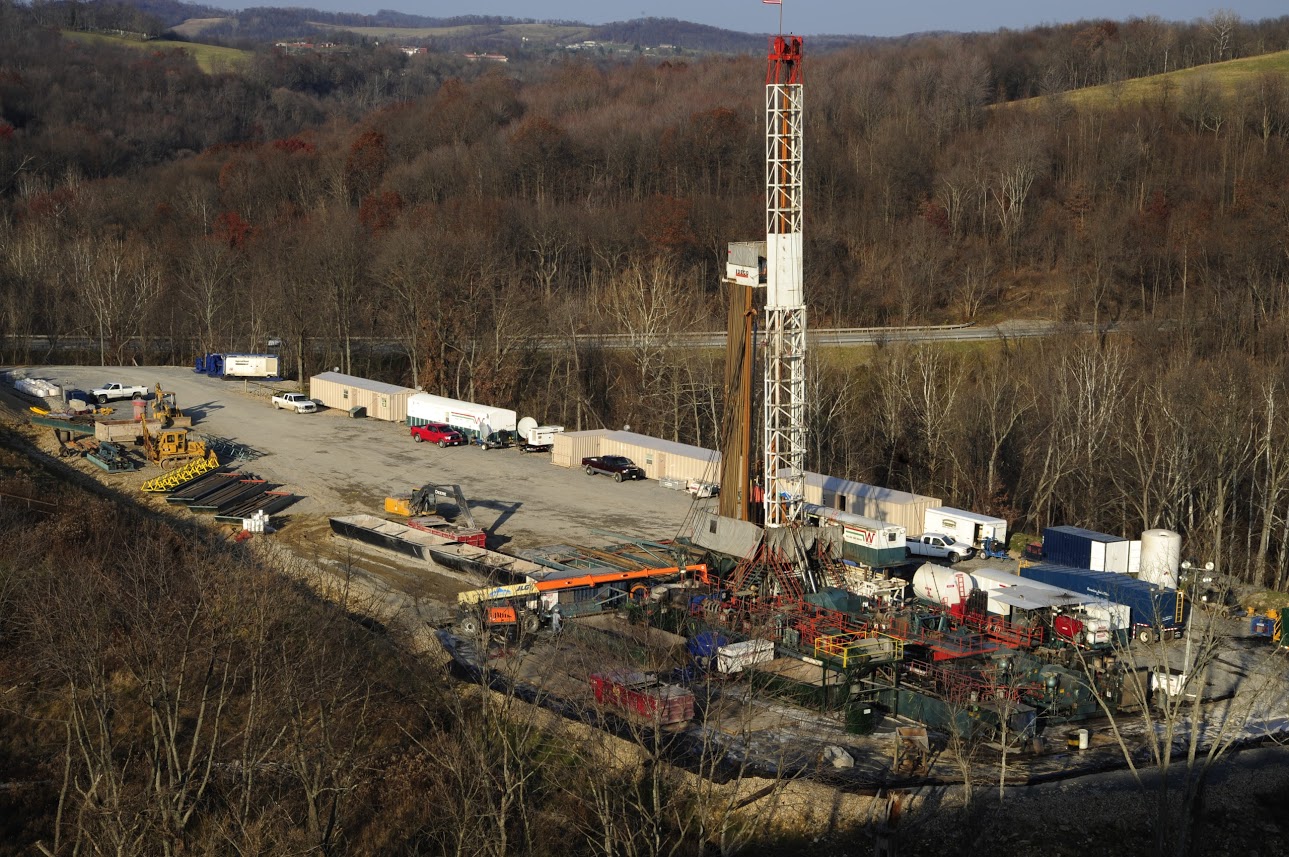

In a recent editorial, the New York Post criticized Governor Kathy Hochul for extending New York's fracking ban in December 2024, arguing that it stifles economic growth and job creation. Energy expert Jonathan Lesser estimates that lifting the ban could generate 50,000 direct jobs in the state, highlighting the potential value of New York's natural gas reserves, which could be worth up to $1 trillion [c20dee92]. This ban, originally enacted by former Governor Andrew Cuomo in 2014, has faced increasing scrutiny as New York ranks third on United Van Lines' 'Most Moved From States' list in 2024, suggesting a trend of residents seeking better economic opportunities elsewhere [c20dee92].
The editorial also pointed out that Hochul's administration is pursuing the 'Polluters Pay' Act, which aims to raise $75 billion through new charges on energy producers. Critics argue that this approach may not adequately address the pressing need for job creation and economic revitalization in the state [c20dee92].
As the political landscape evolves, the debate over fracking in New York is becoming increasingly relevant, especially in light of the upcoming 2024 elections. The issue of energy policy is expected to play a significant role in shaping voter sentiment, particularly as candidates navigate the complexities of balancing economic growth with environmental concerns [eb4252a8][46180a80]. With the potential for significant job creation and economic benefits, the future of fracking in New York remains a contentious topic that could influence both local and national political dynamics [c20dee92].